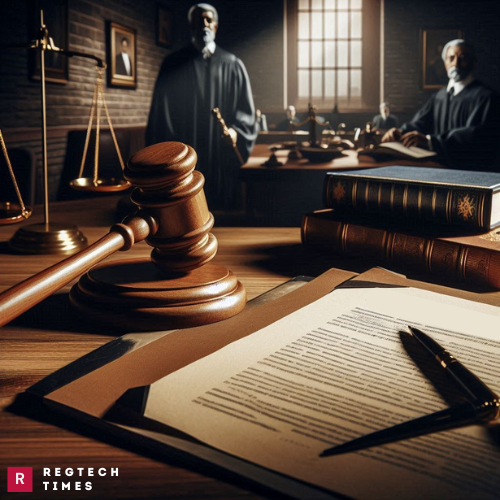In a striking development in the legal world, Gary Haynes, a former Assistant District Attorney in Lafayette, Louisiana, has been indicted on a slew of serious charges including bribery, money laundering, and obstruction of justice. This indictment, returned by a federal grand jury, uncovers a significant corruption case involving Haynes and his associates, raising major concerns about integrity within the judicial system.
The Charges Against Gary Haynes
Gary Haynes, 66, formerly served as an Assistant District Attorney in the 15th Judicial District Attorney’s Office. The indictment details a complex scheme where Haynes allegedly conspired with individuals such as Dusty Guidry and Leonard Franques to solicit and accept bribes. The Pretrial Intervention (PTI) program, which Haynes managed, was designed as an alternative to traditional criminal prosecution for certain offenders. Instead of using the program as intended, Haynes is accused of abusing his authority by directing defendants to take courses from companies owned by Franques. In return for approving these defendants for the PTI program and subsequently dismissing their charges, Haynes allegedly received substantial kickbacks.
How the Scheme Unfolded
The indictment paints a detailed picture of the bribery scheme orchestrated by Gary Haynes. It reveals that Haynes used his cell phone to facilitate these illegal activities, highlighting the role of modern communication tools in perpetuating corruption. To obscure the nature of the financial transactions, Haynes and his co-conspirators implemented several deceptive strategies. They reactivated a defunct company to funnel the illicit proceeds and engaged in document alteration and destruction to conceal evidence.
These revelations highlight a severe abuse of authority and emphasize the underlying systemic problems within the justice system. Such misconduct not only undermines the legal process but also erodes public trust in judicial institutions.
The Role of Co-Conspirators
Gary Haynes’ indictment is part of a larger investigation that also involves his co-conspirators, Leonard Franques and Dusty Guidry. Franques, who operated the companies that Haynes directed defendants to, pleaded guilty on January 12 to conspiracy to commit bribery concerning programs receiving federal funds. Guidry, another key figure in the case, pleaded guilty on March 23 to two counts of conspiracy to commit bribery and one count of bribery concerning federal funds. Both individuals are scheduled to be sentenced on October 24, 2024.
Sanjay Patel Pleads Guilty to COVID-19 Loan Fraud and Money Laundering
The guilty pleas of Franques and Guidry suggest that they have cooperated with federal authorities, potentially providing crucial information that led to the charges against Haynes. Their involvement highlights the extensive network of corruption and the complexities of the case.
Implications for the Legal System
The indictment of Gary Haynes has far-reaching implications for the legal system and public perception of justice. It serves as a stark reminder of the potential for corruption within public office and the critical need for robust oversight and accountability mechanisms. The case highlights the importance of maintaining integrity within the judicial system and the ongoing efforts required to address and prevent such abuses of power.
The indictment was announced by Principal Deputy Assistant Attorney General Nicole M. Argentieri, head of the Justice Department’s Criminal Division, along with U.S. Attorney Brandon Bonaparte Brown from the Western District of Louisiana. The investigation, led by the FBI New Orleans Field Office and the IRS Criminal Investigation, reflects the seriousness of the charges and the commitment of federal agencies to tackle corruption.
The Legal Process Ahead
As the legal proceedings against Gary Haynes move forward, the case will be closely monitored by the public and legal experts alike. An indictment represents a formal accusation, and Haynes is presumed innocent until proven guilty in court. The upcoming trial will be pivotal in determining the outcome of the case and could set important precedents for handling corruption in the justice system.
The Gary Haynes case serves as a powerful reminder of the necessity for vigilance and integrity within public office. It highlights the vital role of law enforcement and judicial authorities in upholding justice and maintaining public trust. As the investigation and trial progress, stakeholders will be attentive to the implications of the case and its potential impact on future efforts to combat corruption and reinforce accountability within the legal system.


